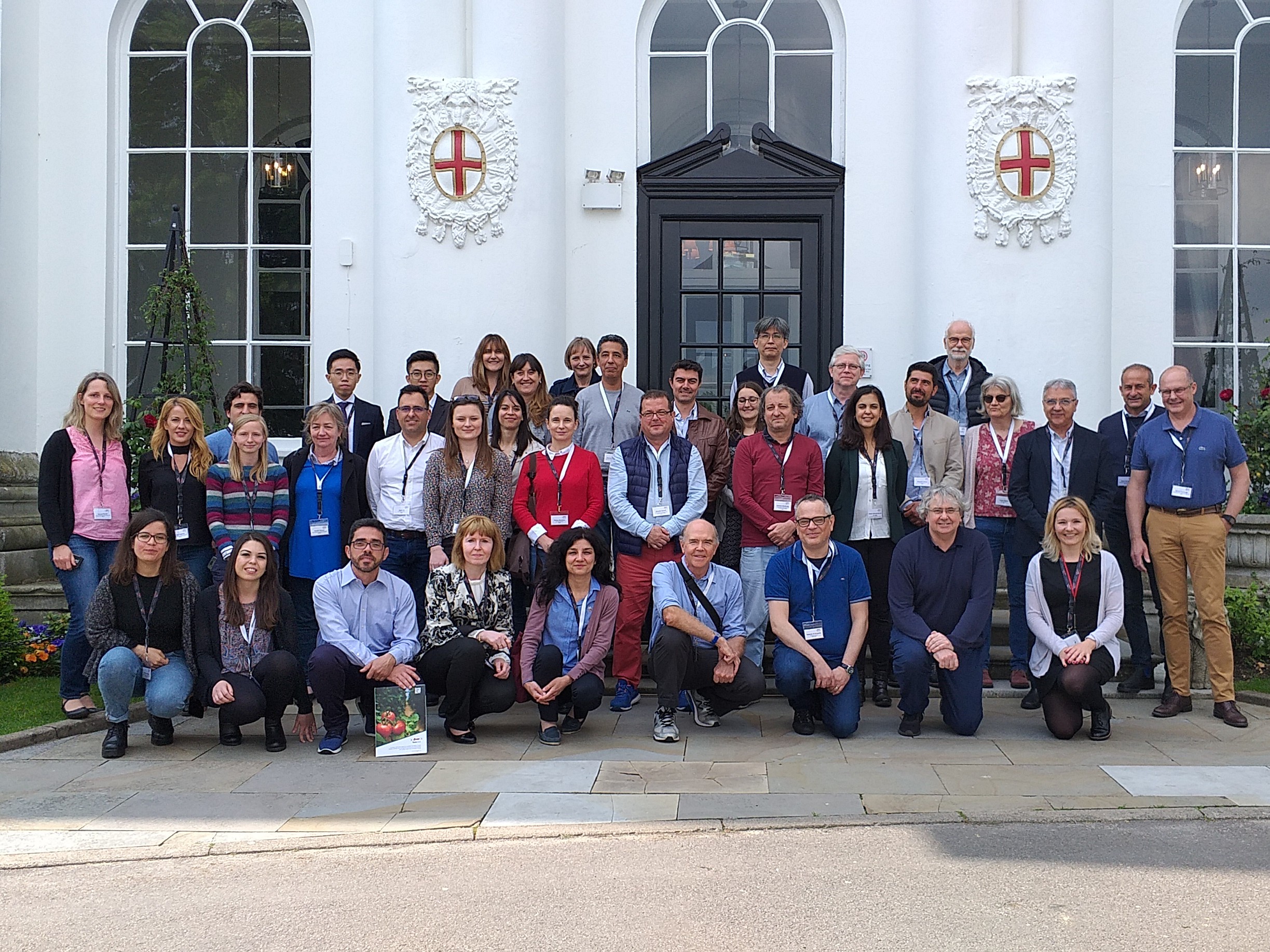Improving Tomato Yield and Quality in the Face of Climate Change
The EU Horizon 2020 project TomGEM has released an interview series produced during the 3rd annual project meeting in Old Windsor, UK. The clips illustrate the objectives, activities and results of the multi-national, interdisciplinary consortium working together in this four-year research initiative. The partners highlight their personal motivation and the different expertise they bring into the project, while addressing some key challenges that need to be overcome towards the ultimate goal to foster breeding of new tomato cultivars with improved yield under suboptimal temperature conditions. Launched in 2016, TomGEM aims to design new tomato varieties as well as innovative breeding and management practices which deliver high yields and good fruit quality under elevated temperature. TomGEM considers all developmental factors contributing to yield – genotypes, environmental conditions and breeding practices – as well as the interactions between them. Hence, TomGEM offers holistic solutions to the challenge of increasing food quality and productivity in the face of climate change. Three years into the project, TomGEM has already demonstrated its innovation potential. Project coordinator Prof. Mondher Bouzayen highlights that “the main outcomes of the project are the superior genotypes in terms of tolerance to heat stress and yield stability, but also new genes and new markers that help tomato breeders to create new tomato varieties and new cultivars that are better suited to high temperature conditions.” In that sense, not only farmers will benefit from the results of the project as they will have better genotypes to select from for their tomato cultivation, but also consumers will benefit from increased fruit quality. Additionally, TomGEM will enable scientists to better understand how heat tolerance is controlled and regulated in plants. The consortium uses tomato as a reference fleshy fruit crop as tomato is not only a very important staple food but also a model system that offers many facilities for the application of reverse genetics. In the last three years, TomGEM generated a phenotyping database that governs a vast amount of data and includes a system that allows mining and visiting this data in a very efficient and rapid way. TomGEM is a global research alliance bringing together 18 partner institutions from three continents comprising expert academic researchers, private actors and tomato producers sharing resources, information and experience. Together, they translate scientific insights into practical strategies for a better understanding and handling of interactions between genotypes, environmental conditions and breeding practices. The project is funded by the European Union’s Horizon 2020 Research and Innovation Programme under Grant Agreement No 679796. The clips are available on the TomGEM website: www.tomgem.eu/media



